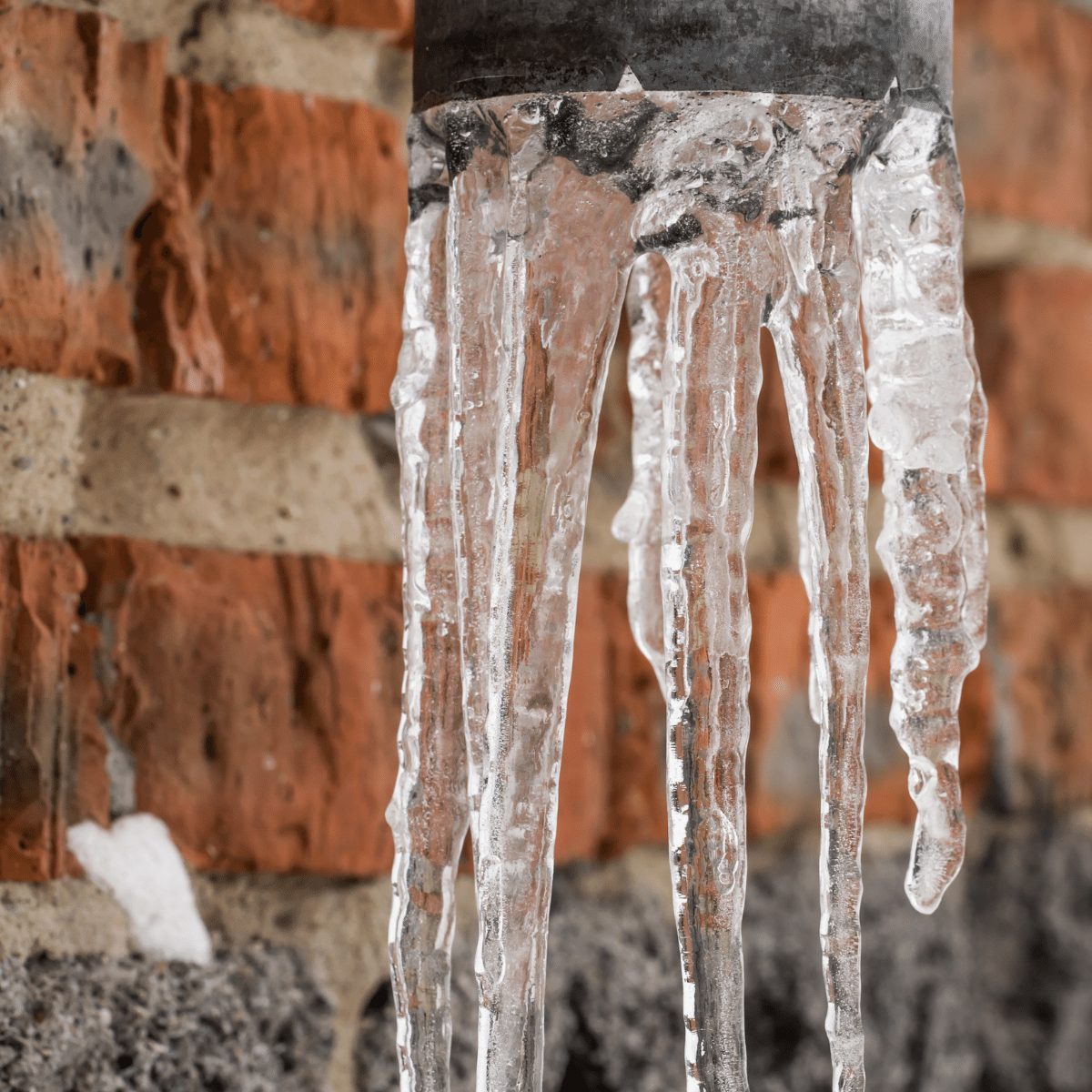Avoid Frozen Plumbing in Winter: Pro Advice
Avoid Frozen Plumbing in Winter: Pro Advice
Blog Article
The writer is making several good pointers related to Winter Plumbing Precautions: Preventing Frozen Pipes as a whole in this content directly below.

Winter can wreak havoc on your plumbing, particularly by freezing pipes. Below's exactly how to stop it from happening and what to do if it does.
Intro
As temperature levels decline, the danger of icy pipes increases, possibly resulting in pricey repair work and water damages. Understanding how to prevent frozen pipes is vital for home owners in cold climates.
Comprehending Icy Pipes
What creates pipes to freeze?
Pipelines ice up when subjected to temperature levels below 32 ° F (0 ° C) for extended periods. As water inside the pipes ices up, it broadens, putting pressure on the pipeline wall surfaces and possibly creating them to burst.
Dangers and problems
Icy pipes can result in supply of water interruptions, residential property damages, and expensive fixings. Ruptured pipelines can flood homes and create comprehensive structural damage.
Indicators of Frozen Pipes
Recognizing icy pipelines early can avoid them from bursting.
Just how to recognize icy pipes
Search for decreased water flow from faucets, unusual smells or noises from pipes, and noticeable frost on subjected pipes.
Prevention Tips
Shielding prone pipes
Cover pipes in insulation sleeves or utilize warm tape to shield them from freezing temperatures. Focus on pipelines in unheated or outside locations of the home.
Heating methods
Maintain interior areas adequately heated, especially areas with pipes. Open up cabinet doors to permit cozy air to distribute around pipes under sinks.
Shielding Outside Plumbing
Yard hoses and outdoor faucets
Disconnect and drain yard tubes prior to winter season. Set up frost-proof faucets or cover outdoor taps with shielded caps.
What to Do If Your Pipes Freeze
Immediate actions to take
If you presume frozen pipelines, maintain taps open up to soothe pressure as the ice melts. Make use of a hairdryer or towels soaked in hot water to thaw pipes gradually.
Long-Term Solutions
Structural modifications
Take into consideration rerouting pipelines away from exterior walls or unheated locations. Include extra insulation to attic rooms, cellars, and crawl spaces.
Updating insulation
Buy premium insulation for pipes, attic rooms, and wall surfaces. Proper insulation helps keep constant temperature levels and minimizes the threat of frozen pipelines.
Verdict
Avoiding frozen pipelines requires proactive procedures and quick actions. By comprehending the reasons, indicators, and safety nets, house owners can secure their plumbing throughout winter.
Helpful Tips to Prevent Frozen Pipes this Winter
UNDERSTANDING THE BASICS: WHY PIPES FREEZE AND WHY IT’S A PROBLEM
Water freezing inside pipes is common during the winter months, but understanding why pipes freeze, and the potential problems it can cause is crucial in preventing such incidents. This section will delve into the basics of why pipes freeze and the associated problems that may arise.
THE SCIENCE BEHIND FROZEN PIPES
When water reaches freezing temperatures, it undergoes a physical transformation and solidifies into ice. This expansion of water as it freezes is the primary reason pipes can burst. As the water inside the pipe freezes, it expands, creating immense pressure on the walls. If the pressure becomes too great, the pipe can crack or rupture, leading to leaks and water damage.
FACTORS THAT CONTRIBUTE TO PIPE FREEZING
Low Temperatures: Extremely cold weather, especially below freezing, increases the risk of pipes freezing. Uninsulated or Poorly Insulated Pipes: Pipes located in unheated areas, such as basements, crawl spaces, or attics, are more prone to freezing. Insufficient insulation or lack of insulation altogether exacerbates the problem. Exterior Wall Exposure: Pipes running along exterior walls are susceptible to freezing as they encounter colder temperatures outside. Lack of Heating or Temperature Regulation: Inadequate heating or inconsistent temperature control in your home can contribute to frozen pipes. PROBLEMS CAUSED BY FROZEN PIPES
- Pipe Bursting: As mentioned earlier, the expansion of water as it freezes can cause pipes to burst, resulting in significant water damage.
- Water Damage: When pipes burst, it can lead to flooding and water damage to your property, including walls, ceilings, flooring, and personal belongings.
- Structural Damage: Prolonged exposure to water from burst pipes can compromise the structural integrity of your home, leading to costly repairs.
- Mold and Mildew Growth: Excess moisture from water damage can create a favorable environment for mold and mildew growth, posing health risks to occupants.
- Disrupted Water Supply: Frozen pipes can also result in a complete or partial loss of water supply until the issue is resolved.
WHY CERTAIN PIPES ARE MORE PRONE TO FREEZING
- Location: Pipes located in unheated or poorly insulated areas, such as basements, crawl spaces, attics, or exterior walls, are at higher risk of freezing.
- Exterior Pipes: Outdoor pipes, such as those used for irrigation or exposed plumbing, are particularly vulnerable to freezing as they are directly exposed to the elements.
- Supply Lines: Pipes that carry water from the main water supply into your home, including the main water line, are critical to protect as freezing in these lines can affect your entire plumbing system.
- Underground Pipes: Pipes buried underground, such as those connected to sprinkler systems or outdoor faucets, can be susceptible to freezing if not properly insulated.
https://busybusy.com/blog/helpful-tips-to-prevent-frozen-pipes-this-winter/

I'm just very taken with 6 Ways to Prevent Frozen Pipes and I am assuming you enjoyed reading the entire entry. In case you enjoyed reading our blog entry please do not forget to share it. Many thanks for your time invested reading it.
Schedule Your Job Now Report this page